Keywords: Leadership
There are more than 200 results, only the first 200 are displayed here.
-

RELIGION
- John Warhurst
- 23 September 2021
41 Comments
Synodality, the new term which is sweeping the church, is an aspirational goal not a proven methodology. For this reason, it is a test case for the lasting impact on church reform of the papacy of Pope Francis. He has given us an aspiration but also set us a test.
READ MORE 
-
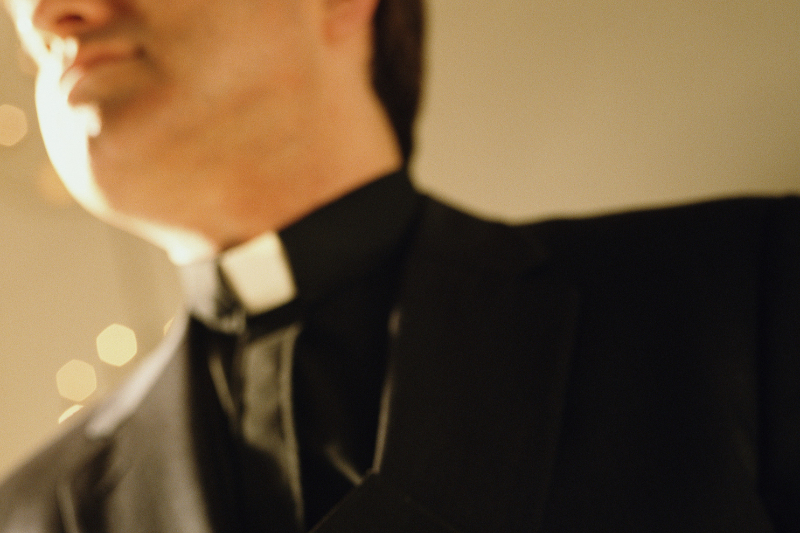
RELIGION
- Gideon Goosen
- 23 September 2021
60 Comments
The Final Report of the Royal Commission into Institutional Responses to Child Sexual Abuse identified clericalism as a significant contributor to abuse across religious institutions Australia-wide. Clericalism is rooted in a theological belief that the clergy are different to the laity, having undergone an ‘ontological change’ at ordination, and feeds the notion that the clergy may not be challenged. And according to the report, the culture of clericalism is on the rise in seminaries in Australia.
READ MORE 
-

ARTS AND CULTURE
- Michael McGirr
- 20 September 2021
11 Comments
It’s not hard to understand why so many people are watching Ted Lasso (Apple TV), nor why it was nominated for twenty Emmy Awards and won seven. Believe it or not, it is twenty years since The Office first premiered on the BBC. Not since then has a comedy series cut so close to the bone of our cultural needs and anxieties.
READ MORE 
-
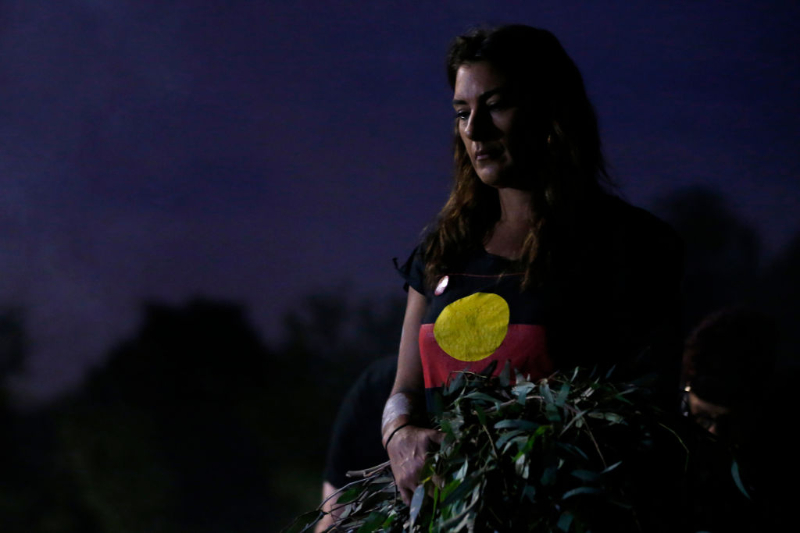
AUSTRALIA
- Zachary Wone
- 16 September 2021
16 Comments
The movement for genuine and long overdue truth telling about Australian history has gained considerable momentum in recent years. The Frontier Wars in particular has emerged as one of, if not the most significant untold stories which it is now broadly agreed must be included in any such process.
READ MORE 
-

ARTS AND CULTURE
- Michael McGirr
- 02 September 2021
15 Comments
There is a curious world called LinkedIn, a social media site for people trying to nurture their careers. The problem with it is that the participants are expected to take themselves more seriously than they might in what we used to call real life. LinkedIn has a culture of self-importance that cracks me up every time. There is nothing quite as funny as utter humourlessness.
READ MORE 
-
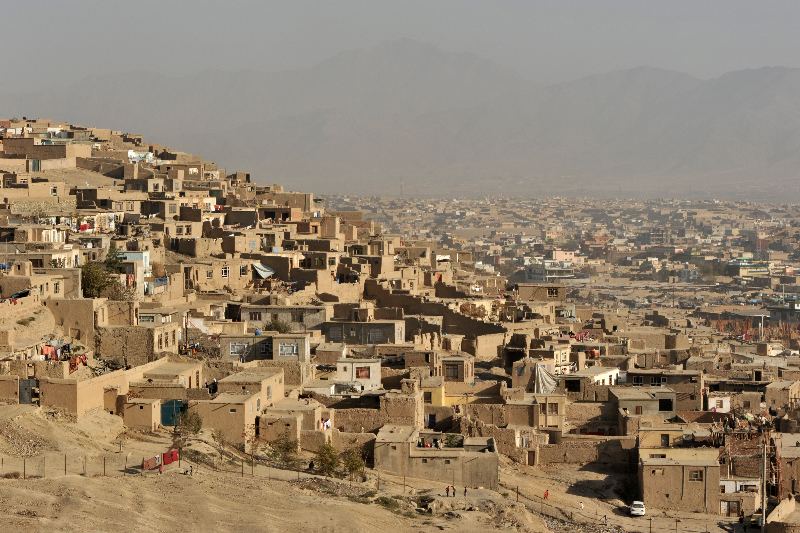
INTERNATIONAL
- Andrew Hamilton
- 24 August 2021
14 Comments
Most early commentary on the swift coming to power of the Taliban in Afghanistan has focused on how it happened and who was to blame for it. Much of the blame has been focused on United States President Biden and former President Trump. Increasingly attention has turned to the plight of people in Afghanistan, particularly women and those who helped the occupation forces and women.
READ MORE 
-
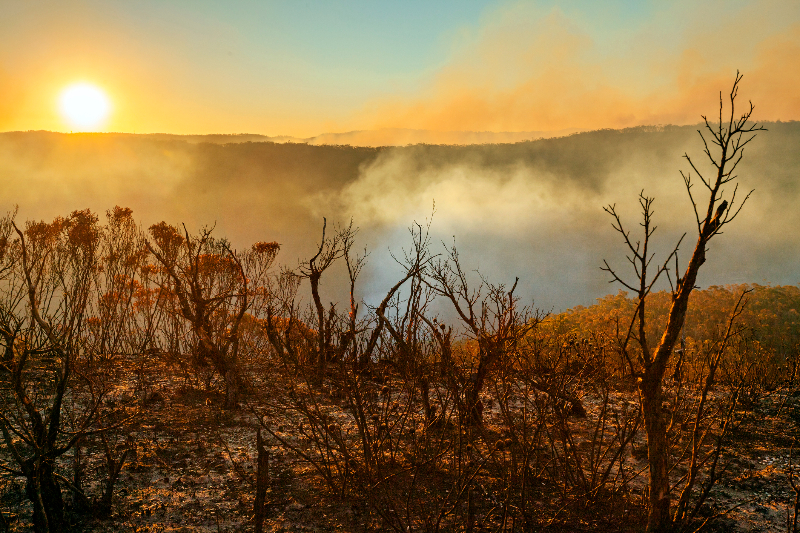
RELIGION
- Andrew Hamilton
- 19 August 2021
11 Comments
Last week the annual Catholic Social Justice Statement was launched. Entitled Cry of the Earth, Cry of the Poor, its theme is care for the environment. In the same week the authoritative Intergovernmental Panel on Climate Change (IPCC) Report warned of the need for immediate and radical effort to minimise emissions and of the likely effects of their existing growth.
READ MORE 
-
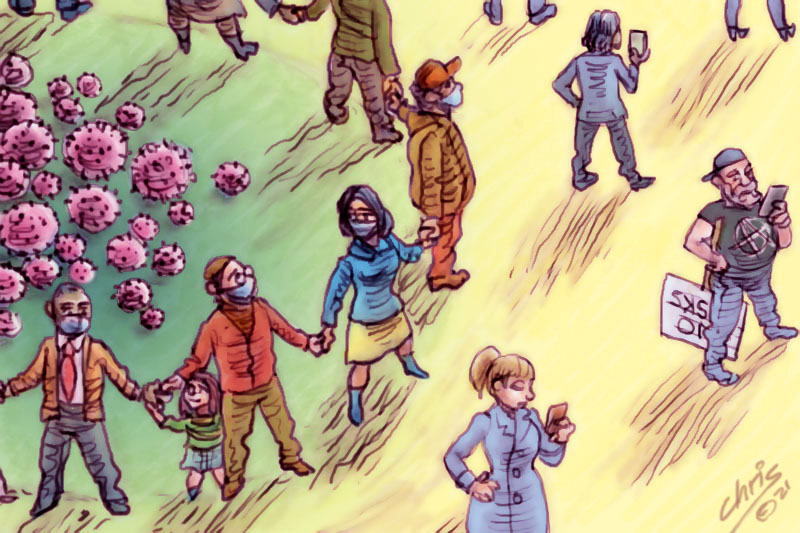
AUSTRALIA
- Barry Gittins
- 17 August 2021
10 Comments
In his 83 years, social psychologist, researcher and author Hugh Mackay has seen the sun rise and set on regimes, ideologies, cults, fads, movements and manias. He has also seen language used to clarify and build common ground, or to confuse and demoralise. One constant throughout these years has been his fascination with how human beings treat each other and their planet, and why.
READ MORE 
-

RELIGION
- Andrew Hamilton
- 12 August 2021
67 Comments
Among Australian Catholics the Plenary Council and the preparations for the Synod in Rome on Synodality have aroused hope and stirred scepticism. It is clear that a Church diminishing in numbers of participants in its public life and in its financial resources, and discouraged by the extent of child abuse by its officers, must find new ways. But that the processes of the Council and the Synod will spark fresh energy for change is not a given.
READ MORE 
-
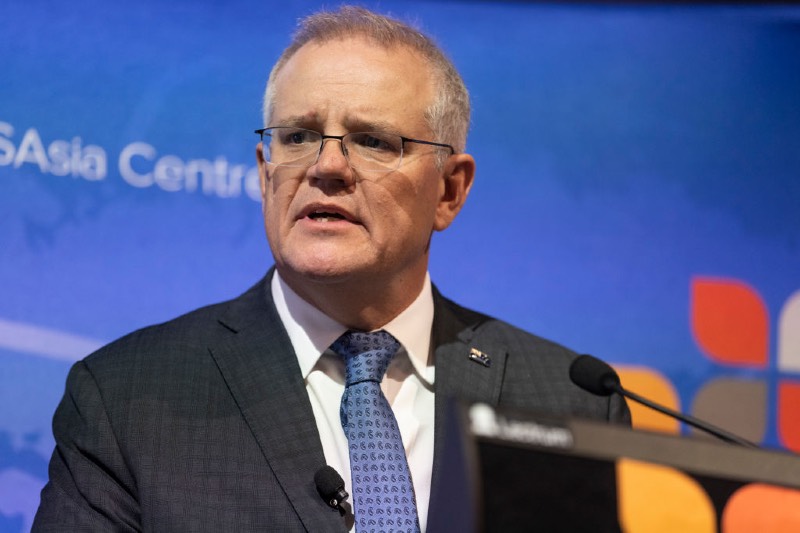
INTERNATIONAL
- Joseph Camilleri
- 15 July 2021
17 Comments
The souring of relations with China is driven not just by prime ministers, foreign and defence ministers, or even by Cabinet. It is the product of converging interests with immense reach and influence.
READ MORE 
-

AUSTRALIA
- Cristy Clark
- 13 July 2021
16 Comments
Although there has been a reasonable level of attention paid to governance issues — such as the incredibly slow vaccine roll out, the ongoing problems with hotel quarantine, and the timing of the lockdown itself — Sydney’s current lockdown has also been marked by an unhelpful focus on individual actions.
READ MORE 
-

FAITH DOING JUSTICE
But it is possible the members of the Plenary could begin to hear a deeper voice speaking in their hearts. There may arise a new courage to start a process of truth and reconciliation, reporting the process of this journey to the second Plenary Council planned for Sydney, July 2022. We can only begin that journey if members of the Plenary Council come and are open to listening to that deep inner voice.
READ MORE